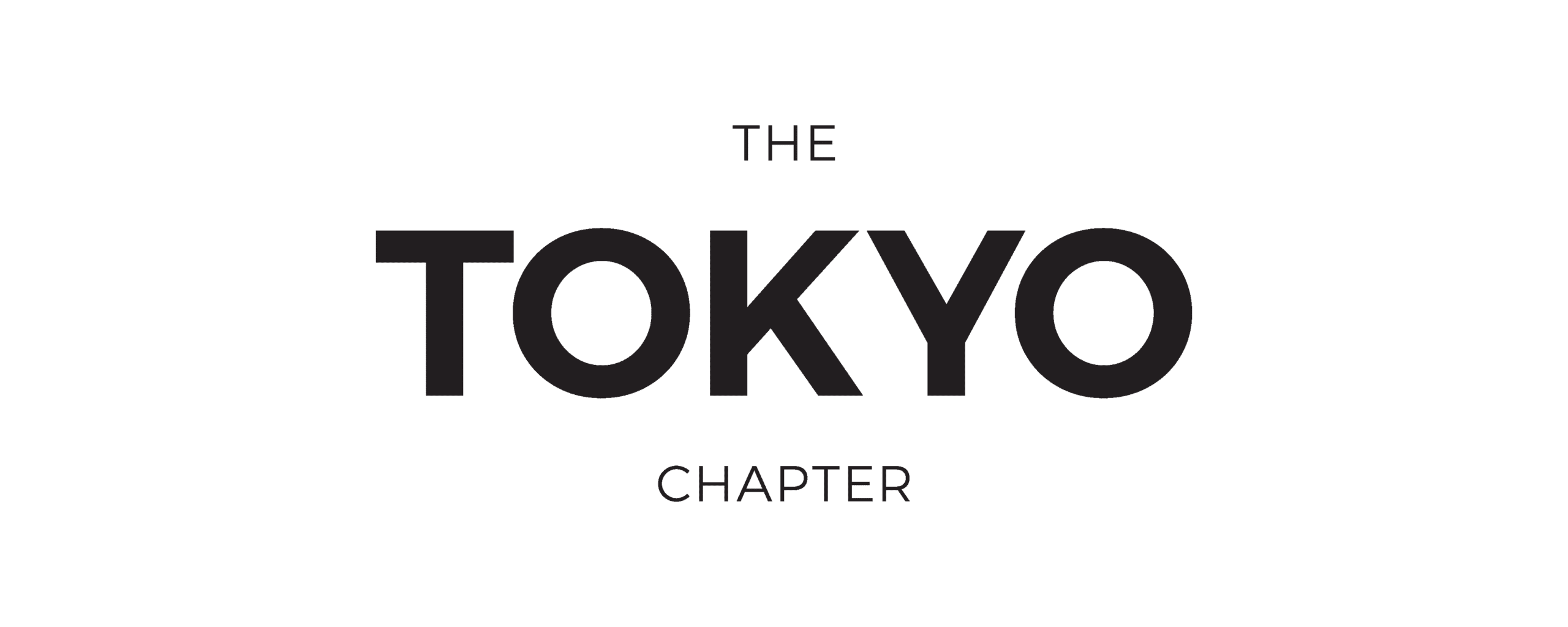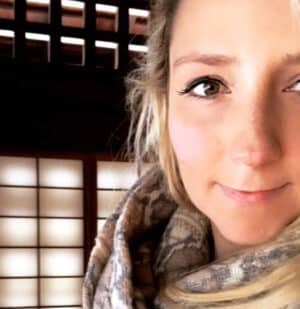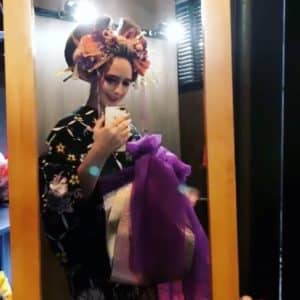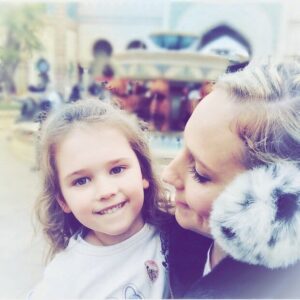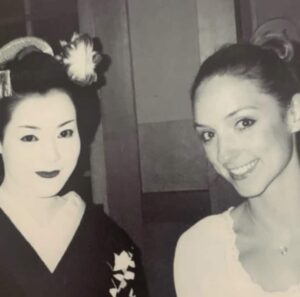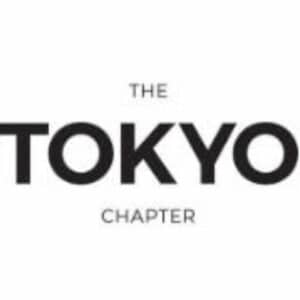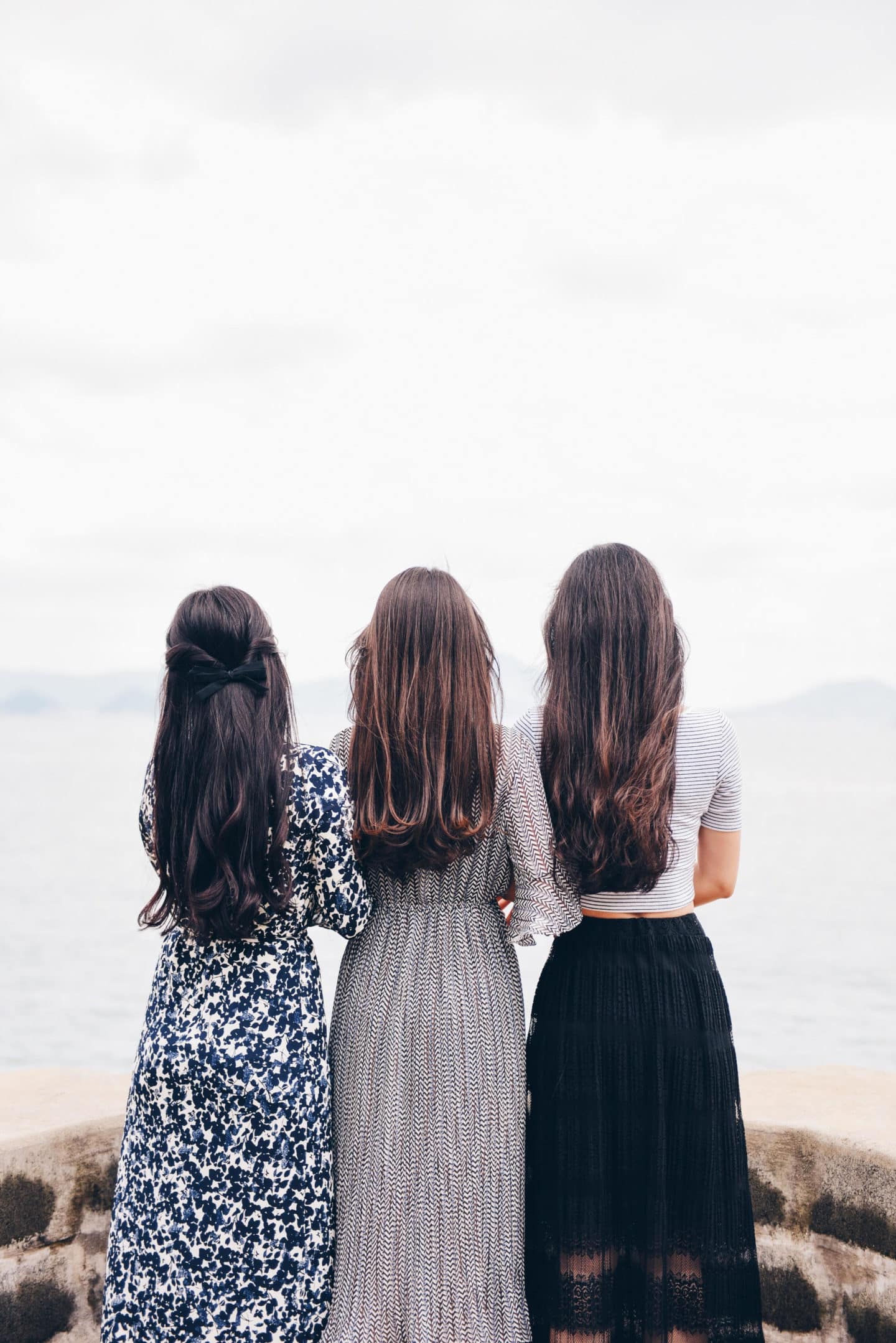
As I say in my post on Conversational Japanese Shortcuts post, you don’t need words to show that you’re a nice person. Another Mum , or Dad, knows that you’re being a sweetheart when you hand them a wet wipe if their baby just ‘vomm-ed’ down their back, for example.
But, sometimes, it’s nice to be able to vocalize your point.
It’s especially nice if you see another parent having a really crappy, crappy day. Maybe I’m just being a loser but….. I also really love showing Japanese Mums that we are all the same – we all have trying days…we feel their pain…. some days are just sucky.
We, really are, all the same. Going through the same issues…. fussy eaters, tantrums, nap refusal…blah, blah, blaaaaaaaaah.
Here are some scenarios where you might want to say these kinds of things:
Scenario 1 : Another parent trying to strap one child into a baby carrier while their older kiddie is having a melt down.
You could say:
お母さん頑張っていますね okaasan ganbatteimasu ne
Okaasan means “Mum” or “Mother” and ganbatteimasu is “working hard” or “doing your best” and then the “ne” at the end is a Japanese way of making the sentence inclusive like “aren’t you just !”
So I would translate this phrase, in my brain, as ” You’re doing a great job, Mumma!”
another option is to say:
ママ大変ですね Mama taihen desu ne
Mama is, obviously, “Mama” and it also translates as well as Okaasan. (FYI: “Papa” works too. However, if it’s an older Mum (like your friend’s mum or something… It’s better to stick to Okaasan as it’s more polite and respectful.
And then taihen means “having a rough time” or “a struggle”.
So I would translate this phrase, in my brain, as “Oh Mumma! You poor thing!” or “Oh Mumma, you’re having a rough day, aren’t you?”
Scenario 2:
Another Mum needs to suddenly dash because they need to chase after their kiddie who is headed for the road …or …. maybe they need to dash quickly because a new toilet-trainer suddenly ‘needs to go.”
You could say:
ベビーカーをみているからどうぞ!Bebiii kaaa o miteiru kara douzo !(and then gesturing for them to go right away)
Bebii kaaaa is “Baby Car” ie. ‘stroller’ and o miteiru means “I’m watching” and then kara is “because” or “therefore I am” and then douzo, in this instance, means “off you go!” or “go ahead.”
So I would translate this phrase, in my brain, as ” I’m watching you’re stroller… go (ahead) !”
Scenario 3:
You see another Mum who needs/ has forgotten something….
You could say:
良かったら、***あります Yokatta ra *** arimasu.
Yokatta ra means “If it’s okay…” or “If you don’t mind…” and then ***** arimasu means (I have *****)
So I would translate this phrase, in my brain, as “If it’s okay… I have a *****”
Some items that you might want to add in the **** section are (0h…and its still the same word if you want to say in it in plural form):
Nappy/Diapers = オムツ omutsu
Bandaid = 絆創膏 bansoukou
Water = お水 omizu
And then…if someone is kind to back to you? See here for my post on 5 ways to say thank you (other than “arigato”. )
